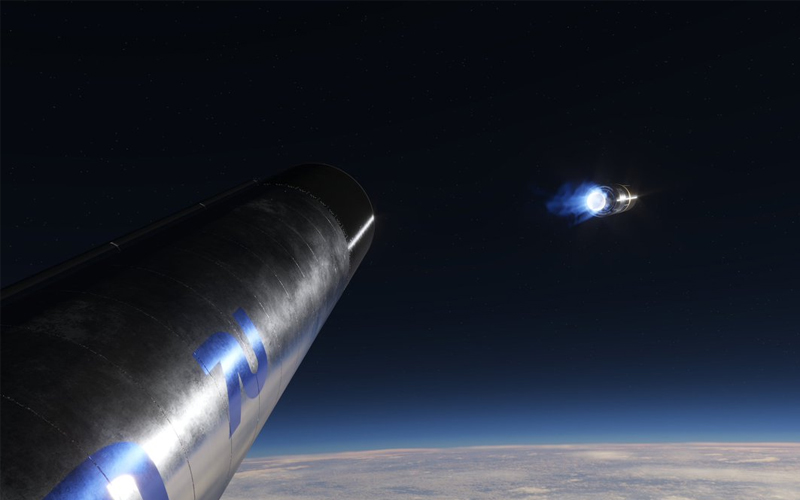
Germany has announced its intention to pursue a competitive procurement process when purchasing launch services. The country also intends to use its position within the European Space Agency to advocate that the agency does the same.
This “paradigm shift in the development and procurement of launch services in Europe” was outlined in the country’s new national space strategy, which was introduced on 27 September. According to a press release, the strategy aims to take into account the increasing importance of space for society with a focus on both current and future challenges.
“For many people, space travel literally seems very far away, yet it is central to our security, the protection of our planet, and our daily lives,” explained Dr. Anna Christmann, the country’s Federal Government Coordinator of German Aerospace Policy. “The challenges of the 21st century also require 21st-century technologies. The Federal Government is taking into account the relevance of space travel for Germany and Europe with the new space strategy.”
One of the aims of this new strategy is to “future-proof” the country’s approach to the development and procurement of launch services in Europe. In order to do this, it advocates that the country transitions to a “competition-oriented model” for launch procurement. According to the document, this will set “the stage for an efficient and independent access to space based on fair competition.”
Germany adopting this stance to the procurement of launch services is significant as the country is one of the two primary contributors to Ariane 6 and, for 2023 at least, the largest contributor to the ESA budget. That is, however, not to say that the country is being entirely altruistic.
In addition to having a significant stake in the development of Ariane 6, Germany is also home to some of the most promising European launch startups. The country boasts the likes of Isar Aerospace, Rocket Factory Augsburg, and HyImpulse. As a result, a move towards a competitive launch procurement process would likely ultimately benefit the country, siphoning customers from Avio in Italy while retaining heavier-mass payloads on Ariane 6 that no European launch startup can come close to supporting.




